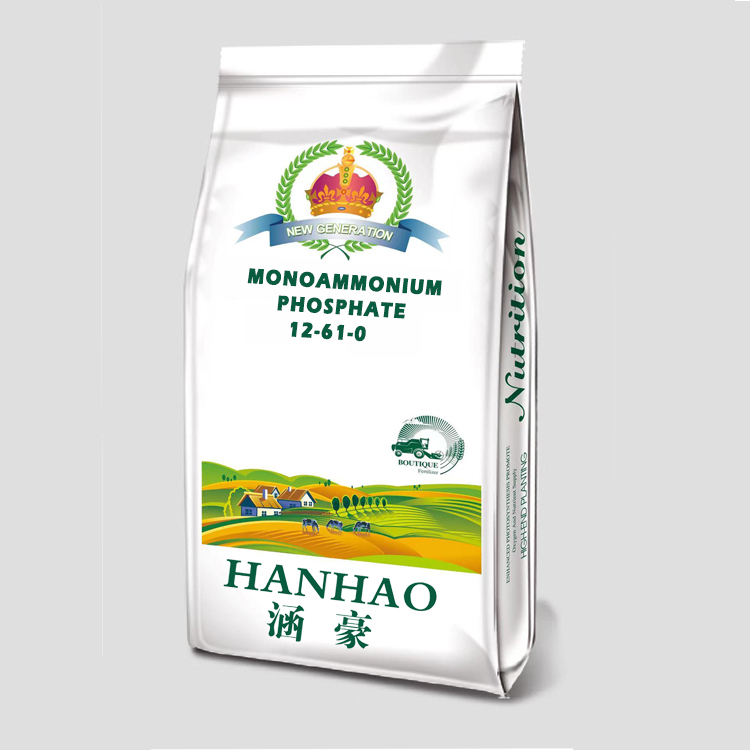
Aug . 01, 2024 00:49 Back to list
Choosing the Best Organic Fertilizer for Raised Bed Gardening Success and Healthier Plants
The Best Starting Organic Fertilizers for Raised Bed Gardens
Gardening enthusiasts are increasingly turning to raised bed gardens for their many benefits, including improved soil drainage, better pest control, and easier accessibility. However, the key to a thriving raised bed garden lies not only in the structure itself but also in the quality of the soil and the nutrients provided to plants. One of the most effective ways to enhance the soil quality is through the use of organic fertilizers. This article explores the best starting organic fertilizers for raised beds, ensuring your plants receive the nutrients they need to flourish.
Why Choose Organic Fertilizers?
Organic fertilizers are derived from natural sources, making them a safer and more environmentally friendly choice compared to synthetic fertilizers. They improve soil health by enhancing its structure, encouraging beneficial microbial activity, and supplying nutrients slowly over time. This gradual release means that plants absorb nutrients without facing the risk of burning, which can occur with chemical fertilizers. Additionally, organic fertilizers contribute to the long-term fertility of the soil, making it a sustainable option for gardeners.
Top Organic Fertilizers for Raised Beds
1. Compost Perhaps the best starting ingredient for any raised bed garden, compost is rich in essential nutrients and microorganisms. It also improves soil texture and water retention. Incorporating well-rotted compost into your raised bed will provide a fertile environment for your plants right from the start. Aim to have a mix of green materials (like vegetable scraps) and brown materials (like dried leaves) for balanced nutrient content.
2. Earthworm Castings Known as black gold, earthworm castings are another powerhouse for organic gardening. They are highly nutrient-rich, containing essential macro and micronutrients along with beneficial bacteria and enzymes that promote plant growth. Mix earthworm castings into your raised bed soil for a nutrient boost that encourages healthy plant growth.
3. Bone Meal If you are looking to add phosphorus to your soil, bone meal is an excellent choice. This slow-release organic fertilizer helps with root development and flowering. A little goes a long way, so be sure to follow recommended application rates when incorporating bone meal into your raised beds.
best starting organic fertilizer for raised bed factories

4. Blood Meal For nitrogen-loving plants, blood meal serves as a potent organic fertilizer. It is particularly useful for leafy greens and other fast-growing crops. However, because it is high in nitrogen, it should be used sparingly to avoid nutrient burn.
5. Fish Emulsion Fish emulsion is a liquid organic fertilizer that provides a balanced nutrient mix. It’s easy to apply and can be used as a foliar spray or a soil drench. This option is great for beginners, as it is readily absorbed by plants, providing a quick nutrient boost.
6. Kelp Meal Kelp meal is derived from seaweed and is packed with trace minerals, vitamins, and growth hormones that promote healthy plant growth. It is particularly beneficial for stimulating root development and improving overall plant resilience. This natural additive can be mixed into the soil or used as a side dressing.
Application Tips
When starting a raised bed garden, it is advisable to create a nutrient-rich soil blend by combining these organic fertilizers with good quality topsoil, peat moss, or coconut coir. The general ratio can be about one part compost, one part soil, and one part peat or coir, then enriched with your chosen fertilizers based on your specific plant needs.
Regularly test your soil’s nutrient levels and adjust your fertilization practices accordingly. Remember that organic gardening is a dynamic process; the conditions in your raised bed may change over time, and your fertilization strategy should adapt to meet the needs of your plants.
Conclusion
Investing in a healthy start with organic fertilizers will pave the way for a lush and productive raised bed garden. By understanding the benefits and proper application of these organic sources, gardeners can ensure their plants receive the nutrients required for optimal growth, ultimately leading to a more bountiful harvest and sustainable gardening practices. Happy gardening!
-
10 10 10 Fertilizer Organic—Balanced NPK for All Plants
NewsJul.30,2025
-
Premium 10 10 10 Fertilizer Organic for Balanced Plant Growth
NewsJul.29,2025
-
Premium 10 10 10 Fertilizer Organic for Balanced Plant Growth
NewsJul.29,2025
-
Premium 10 10 10 Fertilizer Organic for Balanced Plant Growth
NewsJul.29,2025
-
50 Pound Bags of 13-13-13 Fertilizer for All Plants – Bulk & Organic Options
NewsJul.28,2025
-
High-Efficiency 15-30-15 Granular Fertilizer for Healthy Crops
NewsJul.28,2025
